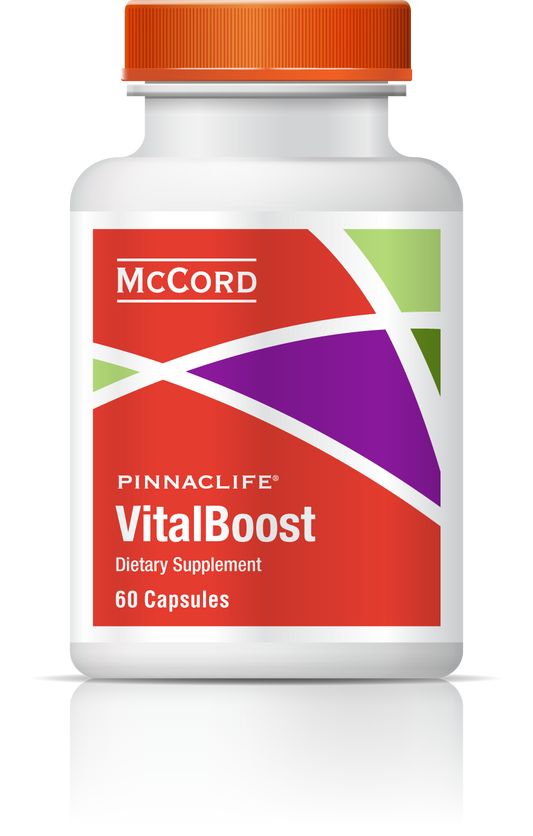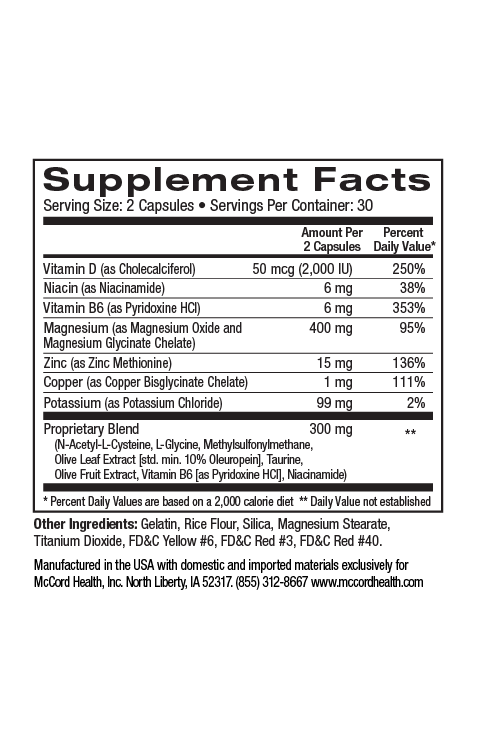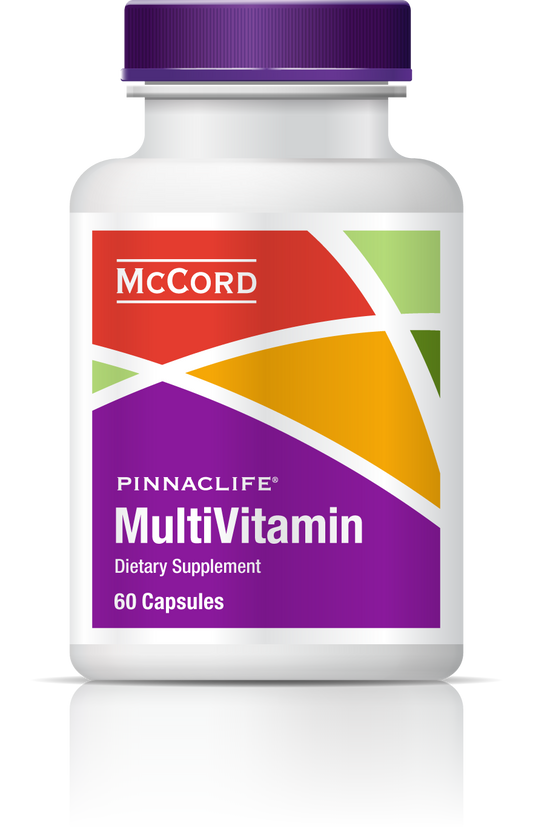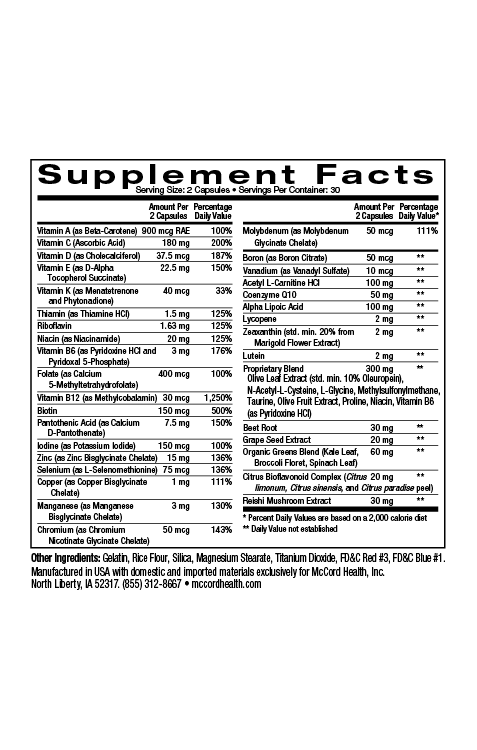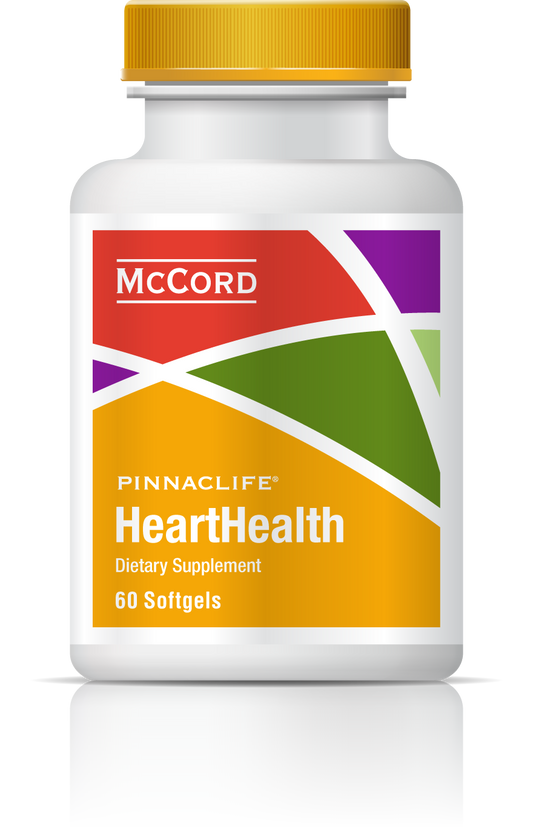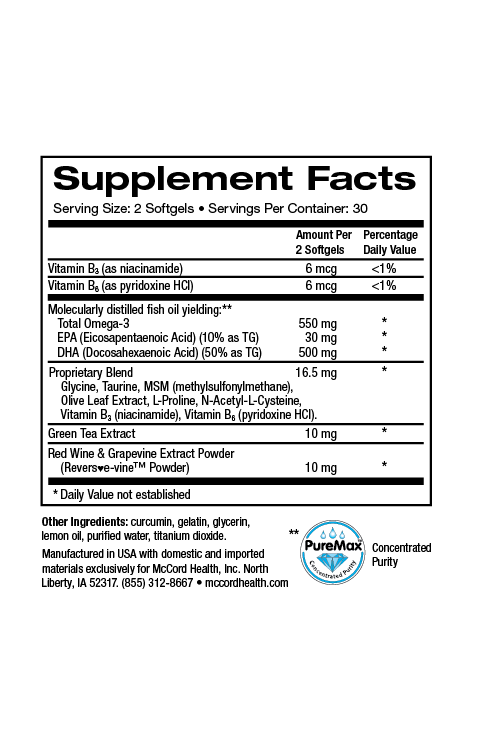Joint health is vital for maintaining an active lifestyle, and there are several supplements on the market that claim to support it. However, navigating the world of supplements can be overwhelming. In this blog, we’ll examine some of the essential supplements for joint health, highlighting the unique benefits of olive oil in enhancing vitality and supporting healthy joints.
1. Understanding Joint Health
Joint health plays a crucial role in our mobility and quality of life. Let’s delve into what keeps our joints in top condition and why they sometimes need support from supplements. A joint is where two or more bones meet, allowing for movement and flexibility. To maintain optimal function, joints depend on a combination of ligaments, tendons, cartilage, and synovial fluid. These components work together to provide cushioning, stability, and lubrication. However, age, injury, and everyday wear and tear can lead to joint deterioration or discomfort, which is where supplements come into play. They can provide the additional nutrients necessary to support or rebuild these vital structures.
Although our bodies are equipped to handle a certain amount of stress, they often need extra help as we age or face increased demands. Supplements can help fill nutritional gaps that aren’t always covered in our everyday diets. But with so many options available, how do you know which ones are truly beneficial? This guide aims to simplify that process by focusing on proven supplements that contribute effectively to joint health. Whether it’s through enhancing cartilage resilience or reducing inflammation, each supplement provides a unique benefit that can help maintain your mobility and vitality.
2. The Role of Olive Oil in Joint Health
Olive oil is more than a delicious kitchen staple. Its anti-inflammatory properties offer potential benefits for joint health, making it a valuable addition to your diet. Rich in monounsaturated fats and antioxidants like vitamin E, olive oil can help reduce oxidative stress in your joints. Recent studies suggest that regular consumption of olive oil can lower inflammation markers, somewhat mimicking the effects of non-steroidal anti-inflammatory drugs (NSAIDs) without the side effects.
So, how can you incorporate this liquid gold into your daily routine? The good news is that olive oil is incredibly versatile. Use it in salad dressings, drizzle it over roasted vegetables, or simply enjoy it with a slice of whole-grain bread. By making olive oil a dietary staple, you provide your body with essential nutrients that can help maintain joint health and promote overall vitality. Plus, adopting a Mediterranean-style diet, which heavily features olive oil, is linked to numerous health benefits beyond joint care.
3. Glucosamine and Chondroitin for Joint Care
Often used together, glucosamine and chondroitin are popular supplements for those seeking to maintain healthy cartilage and joints. These compounds are naturally found in the body and are key components of cartilage, the tissue that cushions the joints. Glucosamine plays a significant role in forming cartilage and may also inhibit enzymes that break it down. Meanwhile, chondroitin provides cartilage with resistance and flexibility, helping to impede the deterioration process.
Adding these supplements to your wellness routine could offer more than just cartilage support. Many users report a reduction in joint pain and improved mobility, especially when taken consistently over time. While results can vary from person to person, some studies underscore their potential, particularly for those experiencing moderate-to-severe discomfort. It’s also worth noting that these supplements are relatively safe, with few side effects reported, making them a practical choice for people hoping to sustain long-term joint health.
4. The Power of Turmeric and Curcumin
Curcumin, found in turmeric, has potent anti-inflammatory effects that can aid in reducing joint pain and stiffness. This yellow compound doesn’t just lend curry its vibrant color; it also holds therapeutic potential. Curcumin has been studied for its ability to combat inflammation at the molecular level by blocking the enzyme responsible for inflammation, providing relief from joint-related discomfort experienced in conditions like arthritis.
However, the challenge lies in curcumin’s bioavailability; by itself, it’s poorly absorbed into the bloodstream. This is where black pepper comes into play. Combining turmeric supplements with piperine, a compound found in black pepper, can significantly enhance curcumin absorption. As you consider adding turmeric to your regimen, look for formulations that include this combination. Whether taken as a supplement or used as a spice in meals, turmeric offers a natural way to support joint vitality and health.
5. Fish Oil Benefits Beyond Heart Health
Rich in omega-3 fatty acids, fish oil is known for its broad health benefits, including significant support for joint maintenance. Omega-3s, such as EPA and DHA, possess powerful anti-inflammatory properties, making them an effective ally against joint inflammation. By integrating fish oil into your daily supplement intake, you may experience reduced morning stiffness and an increased range of motion, enhancing overall comfort and mobility.
While many people turn to fish oil supplements, it’s also beneficial to incorporate omega-3 rich foods into your diet. Fatty fish like salmon, mackerel, and sardines are excellent sources. For those with dietary restrictions, plant-based options like flaxseeds and chia seeds offer small amounts of omega-3s. Whether you’re consuming these nutrients through food or supplements, consistency is key to reaping their joint-supporting benefits. Remember, achieving joint vitality requires a combination of healthy eating and targeted supplementation.
6. The Importance of Vitamin D
Vitamin D is vital for bone and joint health, playing a key role in calcium absorption and inflammation reduction. Known as the sunshine vitamin, it helps regulate the mineralization of bones and ensures skeletal strength. However, vitamin D deficiencies are surprisingly common, largely due to limited sun exposure and less than optimal dietary intake. This deficiency can lead to weakened bones and increased susceptibility to joint issues.
To maintain optimal joint function, it’s crucial to ensure adequate levels of vitamin D. While sunlight is one of the best sources, supplements can be a reliable alternative, especially in less sunny climates or during the winter months. Fortified foods such as dairy products and certain cereals can also help you meet your daily requirements. By integrating vitamin D into your healthcare regimen, you not only safeguard your joints but also contribute to overall bone health. As always, consider consulting with a healthcare provider to find the right balance for your individual needs.
7. Boosting Joint Health with Boswellia
Boswellia is another herbal supplement with powerful anti-inflammatory properties that have been linked to improved joint health. Also known as Indian frankincense, Boswellia serrata extract has been traditionally used in Ayurvedic medicine for centuries as a treatment for arthritis and other inflammatory conditions. The resin from this tree contains boswellic acids, which are believed to suppress leukotrienes, compounds that can cause inflammation and pain.
8. Why Collagen Matters
Collagen supplements can help maintain the integrity of your cartilage, the rubber-like tissue that protects your joints. As the most abundant protein in our bodies, collagen plays a critical role in muscle and tissue health by providing structure and strength. However, natural collagen production slows with age, leading to diminished joint support and potential discomfort. This is where collagen supplements become beneficial, helping to replenish and sustain the cartilage that keeps joints flexible and operational.
9. Embracing the Advantages of MSM
MSM (Methylsulfonylmethane) is a popular supplement believed to support joint function by reducing inflammation and stiffness. Known for its sulfur content, MSM aids in the creation of connective tissue in joints, working alongside other supplements to offer comprehensive support. Its ability to lessen pain and swelling makes it a common choice for those dealing with chronic joint discomfort. Though it’s naturally present in small amounts in some plants, foods, and beverages, supplementing with MSM provides more substantial therapeutic doses.
10. The Holistic Approach with Green Tea Extract
Green tea extract, renowned for its antioxidants, also offers anti-inflammatory benefits that can aid in maintaining joint health. The polyphenols present in green tea, particularly EGCG (epigallocatechin gallate), have been shown to interfere with inflammatory processes in the body. This makes it a powerful preventative element not only for joint health but also for cardiovascular and metabolic wellness.
11. Choosing the Best Supplements for You
With a variety of supplements to choose from, it’s important to tailor your regimen to meet your unique health needs. Start by consulting with a healthcare professional. They can help you understand which vitamins, minerals, and compounds are most likely to benefit your specific condition, and recommend dosages that maximize efficacy while minimizing potential side effects. Remember, supplements work best when they’re part of a holistic approach to wellness, which includes a healthy diet, regular exercise, and plenty of hydration.


